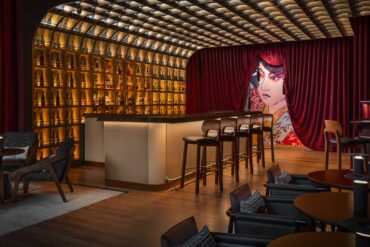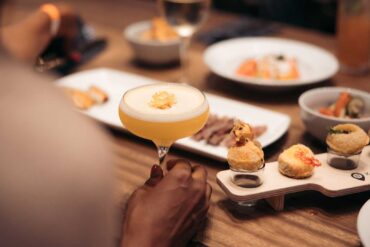In the spirits industry, the past decade has seen a boom in celebrity-backed brands. But do these ventures really pay off? The experts at IWSR, leaders in beverage data analysis, have dug deep to draw some conclusions.
Do Celebrity Spirits Perform Well?
In short: yes, pairing a star with a spirits brand generally yields good results. However, much depends on the level of involvement from the celebrity—whether it’s just a quick collab or a long-term commitment. Scandals can also play a major role in a brand’s fate. Emily Neill, Chief Operating Officer at IWSR, explains: “When a category is trending, like tequila right now, celebrity brands tend to outperform their competition. But when the hype starts to fade, as we’re seeing with gin, being linked to a star won’t shield you from market turbulence.”
Spirits and Celebs: A Winning Match?
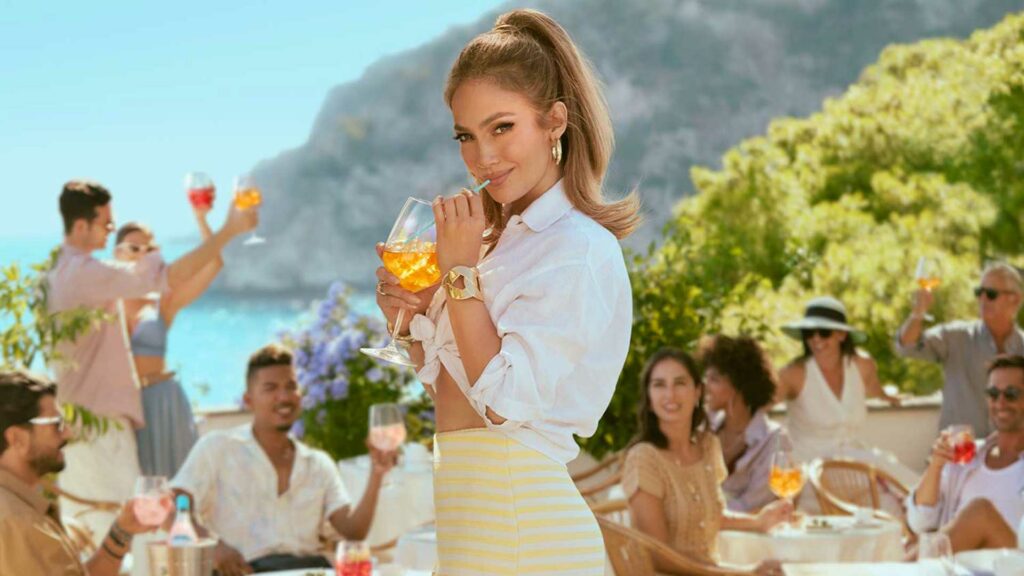
The data paints a clear picture. The number of celebrity spirits brands keeps growing, although there’s been a slight slowdown in 2023 compared to previous years. That said, celebrity-backed labels often enjoy higher profits than their non-celebrity rivals. For example, in 2023, sales volumes for celebrity whiskey brands were up by 8%, while the broader category only saw a 2% increase. Rum brands tied to famous faces did even better, with sales up 11% compared to a 4% decline for the rest of the market.
The story changes when the category faces challenges, as we’ve seen with gin. Global growth for gin was 4% in 2023, but celebrity brands only managed a modest 1% increase. Neill puts it bluntly: “When the boom is over, being a celebrity brand won’t save you from a market downturn.”
The Tequila Case: Timing is Everything
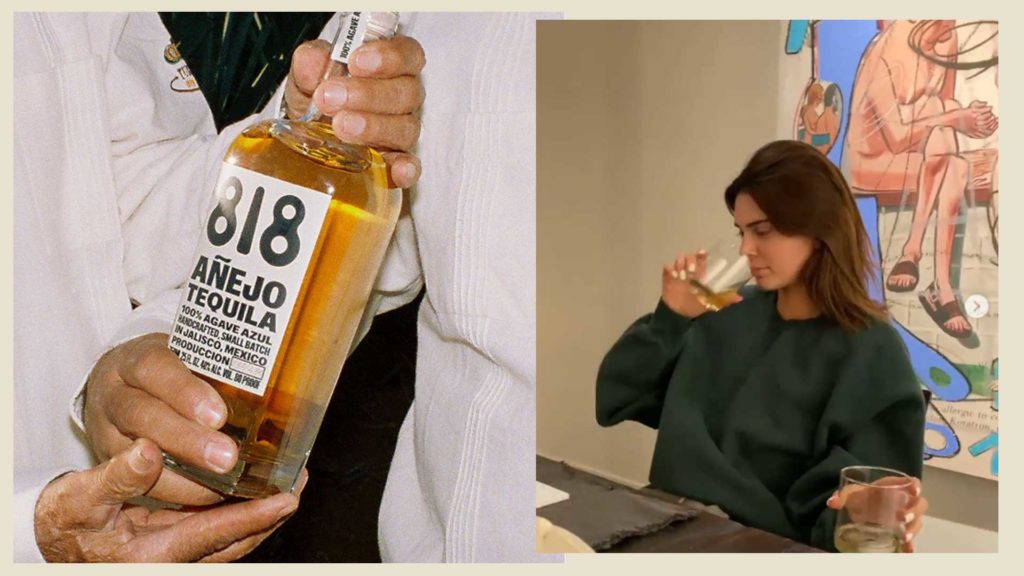
Tequila is a different story. During the agave boom, celebrity brands saw explosive growth—40% in 2022, tripling the category’s average. The trend continued in 2023 with a 16% rise, far outpacing the 3% market growth. Timing was key: celebs entered the tequila game just as it was attracting a wave of new drinkers, many of them young and eager to try new things but still looking for a sense of trust. Here, the strong social media presence of celebrities proved more effective than decades of brand heritage, driving sales like never before.
The Power of Social Media
An online presence is crucial for the success of a celebrity-backed product. As IWSR notes, “Social media creates an instant connection between the brand, the celebrity, and the followers, playing a major role in boosting sales.” There’s a big difference, though, between a temporary endorsement and a celeb who’s deeply involved in the brand’s ownership and management. With the latter, the connection feels more authentic and lasting, while a fleeting partnership may risk diluting the brand’s identity if the celeb moves on to other ventures.
The Upside of Celebrity-Backed Brands
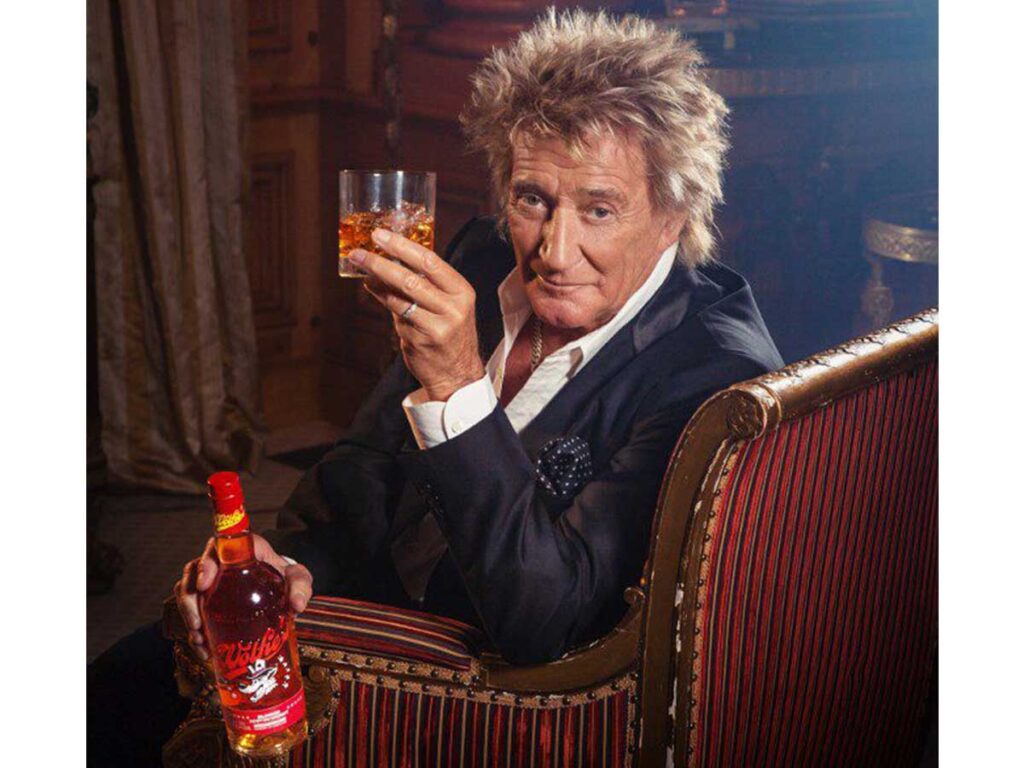
IWSR’s findings highlight the benefits for all parties involved. Celebrities can expand their fan base and earn extra income from products with high-profit margins. For brands, “partnering with a celebrity instantly brings a built-in audience that’s already receptive to the product, thanks to a strong social media following. This allows the brand to enter the market almost fully formed.” In contrast, non-celebrity brands typically face a longer road to build their personality and positioning.
Consumers also gain three key benefits. First, they feel a sense of trust when their favorite star is involved. This is especially true for younger buyers trying new categories. Second, drinking a celeb’s product creates a shared experience with other fans. Finally, it’s perceived as a touch of luxury—without being out of reach price-wise.
The Downsides of Celebrity Spirits
It’s not all smooth sailing. A strong tie to a celebrity can be a double-edged sword. If the star walks away, the brand risks losing a big chunk of its identity, regardless of the product’s quality. Social media can also turn into a minefield. If a celebrity gets caught up in a scandal, the fallout can be severe. The same goes for negative press about the product itself, which can spread faster when a famous face is attached.
The Geography of Celebrity Spirits
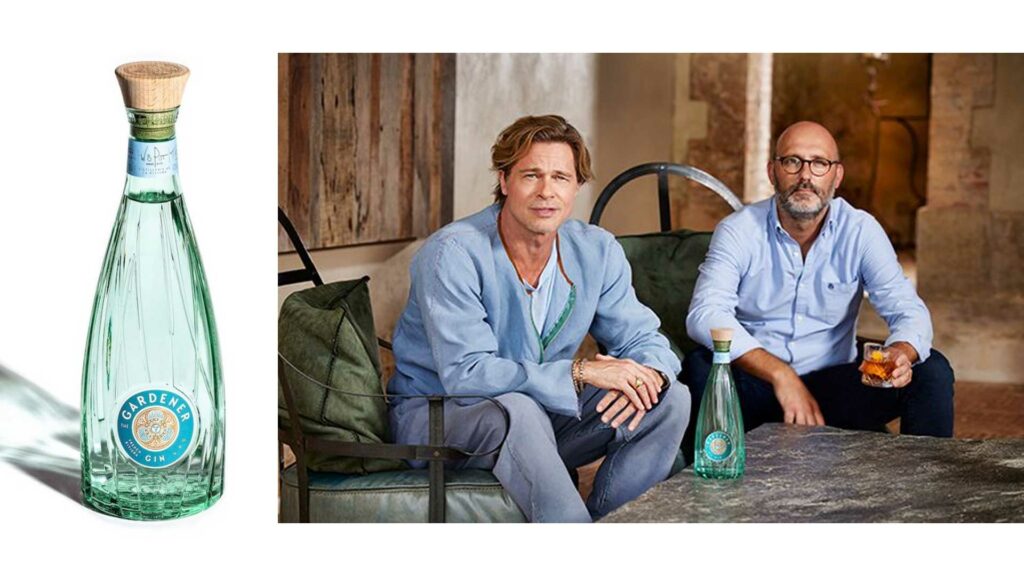
Most celebrity spirits hail from the U.S., followed by the U.K., Canada, and France. IWSR also notes “a lot of local celebrity involvement.” Take South Korea, for example: several soju brands have partnered with K-pop stars, like rapper Jay Park, who launched his own premium brand in 2022. Another local example is Lisa from Blackpink, who signed a limited-edition deal with a Scotch whisky, complete with a signature cocktail—the Pink Spice.
In conclusion, while celebrity-backed spirits have shown strong potential, their success hinges on timing, the celeb’s involvement, and the ability to navigate market shifts. When the stars align, these brands can shine brighter than ever.




